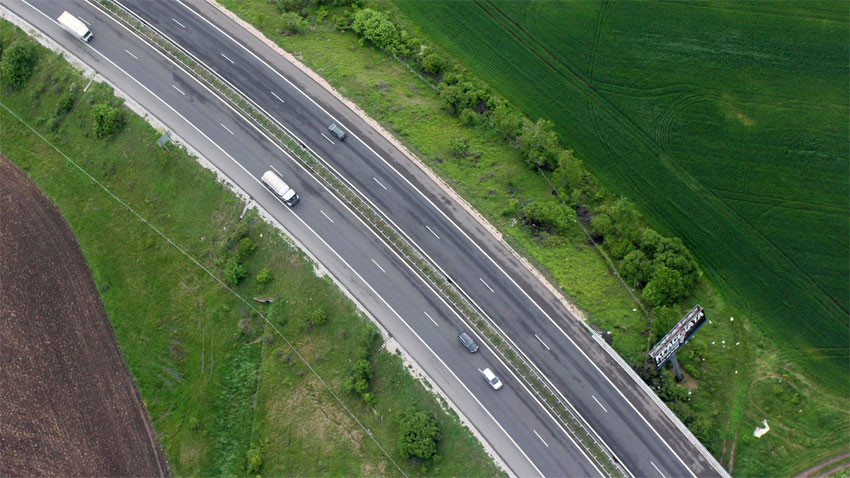
The road infrastructure and the condition of the Bulgarian roads is a problem both for this country’s authorities and citizens. The condition of the Bulgarian roads does not correspond with the contemporary perception of modern first-class roads and motorways. Bulgaria is a country with population of 7 million people only, but the number of vehicles in this country exceeds 2.7 million. The Bulgarian authorities admit that nearly 40% of all roads in Bulgaria are not in good condition. The country’s government is aware of this situation and does its best to provide the necessary financing, in order to solve this problem. This year the cabinet gave a green light for the repair, construction and maintenance of Bulgarian roads with a total length of 709 kilometers. For the purpose, a record-high amount of money will be invested- nearly EUR 1.9 billion. The new investments are expected to improve road safety in this country and reduce the number of road fatalities. In 2018 the victims of road accidents decreased 11% as compared to the previous year. Traffic violations were the reason for 97% of all road accidents in Bulgaria. However, statistics does not say that many road accidents are caused by the poor condition of some municipal or national roads.
The construction of motorways in this country continues in 2019. In fact, Trakia Motorway (in South Bulgaria) is the only fully-constructed highway in this country. It links Bulgaria’s capital Sofia and the Black Sea city of Burgas. The construction of Hemus motorway (In North Bulgaria) still continues. Its construction started several decades ago. Now, the authorities claim that it will be fully-constructed by 2024. In 2019 the cabinet allots some EUR 690 million from the budget surplus to the construction of Hemus motorway. The motorway will connect Sofia and the city of Varna situated on the Black Sea coast. Construction of Struma motorway has been going according to schedule. This motorway has been built along some of the busiest transport routes in Bulgaria connecting the capital city Sofia and the Bulgaria-Greece border. Construction of Struma motorway should end in 2023. Thus, traffic congestion and the long lines of Bulgarian, Romanian, Greek, Macedonian and Serbian vehicles will remain in the past.
Despite the poor condition of the Bulgarian roads, many of them have gone under serious repairs. Their maintenance costs money. That is why the Bulgarian drivers and the foreign citizens driving through Bulgaria must pay a road tax in the form of a Vignette. In 2019 the paper vignettes were converted into electronic vignettes, yet their prices remained unchanged as compared to last year. Moreover, in the summer of 2019 a road toll system for cargo vehicles will be introduced. The authorities are hoping that the new toll system will generate a substantial financial resource which will be used later for the construction and the maintenance of the national roads. Thus, Bulgaria will have the opportunity to catch up with the highly- developed countries in Western Europe and finally enter into the era of high-speed, safe and eco-friendly transport.
English version: Kostadin Atanasov
We are moving towards the option of not having a quickly adopted budget for 2025, Lachezar Bogdanov, chief economist from the Institute for Market Economics, told BNR. In presenting the institute's alternative state budget, the..
Bulgaria and India will intensify their cooperation in various sectors of mutual interest. This was discussed at a meeting of the Bulgarian Minister of Economy Petko Nikolov with Ambassador of India to Bulgaria H.E. Sanjay Rana. The two focused..
On October 31, 2024, 10 business leaders in Bulgaria founded the first Bulgarian-Czech Chamber of Commerce in the country. At the Embassy of the Czech Republic in Sofia, in the presence of Martin Dvořák, Minister of European Affairs of the Czech..
The final price at which Bulgargaz will sell natural gas in December to end suppliers and to persons with a license for the production and transmission..
Urgent reform of Bulgaria's planning districts is needed, local authorities insist.The current regionalization shows increasing economic imbalances in..

+359 2 9336 661
